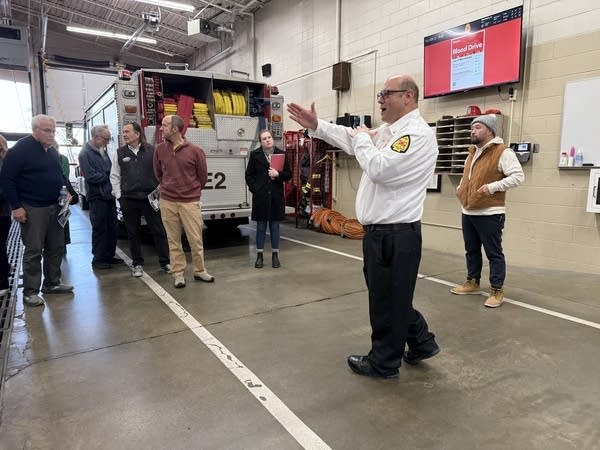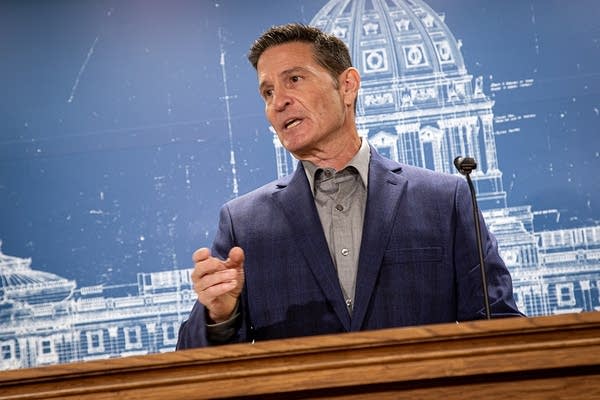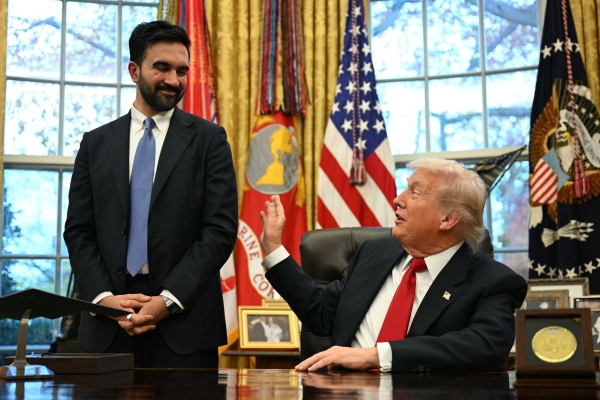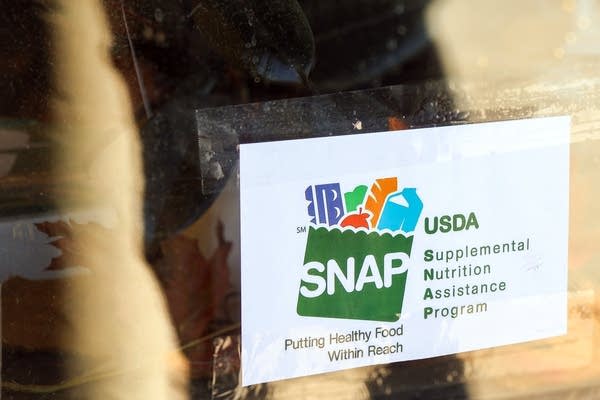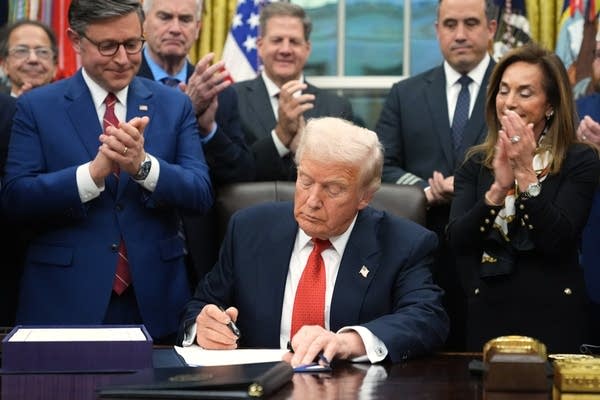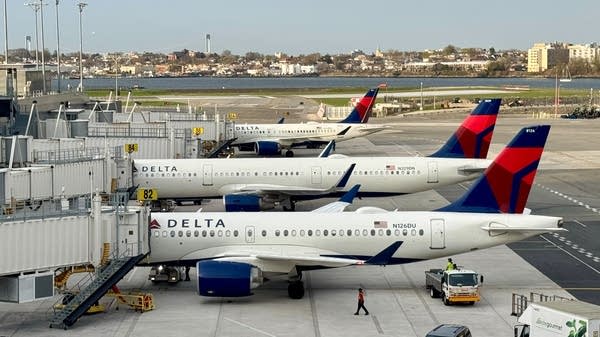Minnesota lawmakers sort mountain of project requests
Description
Local officials greeted a bus full of VIPs last week that rolled up to a fire station in Minnetonka.
Some of the state legislators were visibly worn out as they disembarked and made their way into the firehouse for their eighth stop of 10 on a single day.
“Oh my god, can I take a nap?” House Capital Investment Committee Co-Chair Mary Franson joked as she stretched out on a leather couch in the fire station.
Her humorous aside underscored a point: Members of the Legislature’s capital investment committees are getting used to the marathon days that take them out across the state to see dozens of proposed public construction projects.
In a series of presentations that can seem like speed dating sessions, lawmakers hear from state agency heads, college leaders and community officials about projects they’re working on and hoping to obtain state money to complete.
<figure class="figure figure-none figure-full"><source type="image/webp" /><source type="image/jpeg" />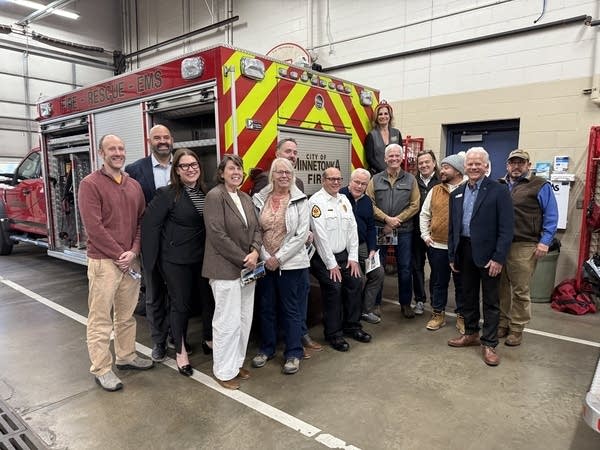 <figcaption class="figure_caption">
<figcaption class="figure_caption">In Minnetonka, Assistant Fire Chief Aaron Morris guided House Capital Investment Committee members around the station and said the 50-year-old facility is showing its age. The city is looking to reduce its response times and hire more fulltime firefighters. But as of now, the station doesn’t have the space to put in bunkbeds, Morris said.
“So imagine three or four people living in here, 24 hours a day. We get very cramped, very, very cozy quick,” Morris said, gesturing around a room that serves as a kitchen, dining area and relaxation room all in one.
The goal is to double the station's size. Morris said the redo includes equipment to capture truck fumes firefighters might otherwise breathe in.
“The trucks fire up diesel exhaust into the facility right now. It'll eventually clear and dissipate, but we don't want to add additional exposures to what we're already facing on a daily basis,” he said, noting the exposure can cause cancer.
Minnetonka is asking the state for $5.3 million to help fund the project. And the city is not alone. State agencies and local governments have submitted requests for $6.5 billion worth of projects.
There are appeals to replace wastewater treatment plants, swap out corroding pipes, address crammed jails or law enforcement headquarters and spruce up parks and rec centers.
There's not enough money for all of it. The ultimate bill will be a small fraction of the requests.
“It is prudent for the Legislature to work on a bill this year, a sizable bill, to make sure that we can start chipping away at these requests,” said House Capital Investment Committee Co-Chair Fue Lee, DFL-Minneapolis.
Lee is among those paring the pile. He and his panel will assemble a state financing plan. It's called the bonding bill because the state takes on debt through bonds to fund projects.
Historically, the Legislature has approved capital investment bills every other year. But recently lawmakers have strayed from that pattern. The bonding bill has become a bargaining chip for other things. Franson, a Republican from Alexandria, wishes it wouldn't get tangled up like that.
“When we are dealing with people that have real critical infrastructure needs — dirty water, sewer issues, crumbling buildings — that should not fall on ‘well, we're going to trade this provision for a bonding bill,’” Franson said. “That's not fair to the communities.”
<figure class="figure figure-none figure-full"><source type="image/webp" /><source type="image/jpeg" />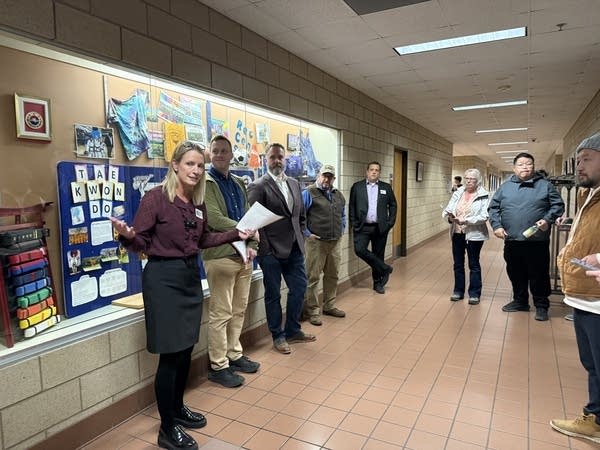 <figcaption class="figure_caption">
<figcaption class="figure_caption">In Chanhassen, Mayor Elise Ryan makes her pitch at a city gym as kids shoot hoops. Currently, she said residents have to book time in the gymnasium and the fitness center and pickleball courts because they can otherwise get overcrowded.
“We actually have to have people reserve time, which really defeats the purpose of an open gym is to be able to just come in and enjoy it,” Ryan told lawmakers.
Chanhassen's population has boomed since the community center was built three decades ago. The city wants $22 million toward a new one.
“So our tagline here in Chanhassen is a community for life and having a place and a space for our community, not only to connect and be together, but it's really about health and wellness for your entire life,” Ryan said.
A handful of communities from the region stepped up to a podium within the center next to make their asks of lawmakers. From aging pipes to broken water mains to broader infrastructure needs, city leaders said they couldn’t fix everything on their own.
Excelsior public works director Tim Amundsen had a prop ready for lawmakers when they stopped through: A gallon of amber-colored liquid. Hundred-year-old water pipes there have rusted, causing sediment to leech into the water.
“So this is not apple cider by any means,” Amundsen said. “This is drinking water.”
<figure class="figure figure-none figure-full"><source type="image/webp" /><source type="image/jpeg" />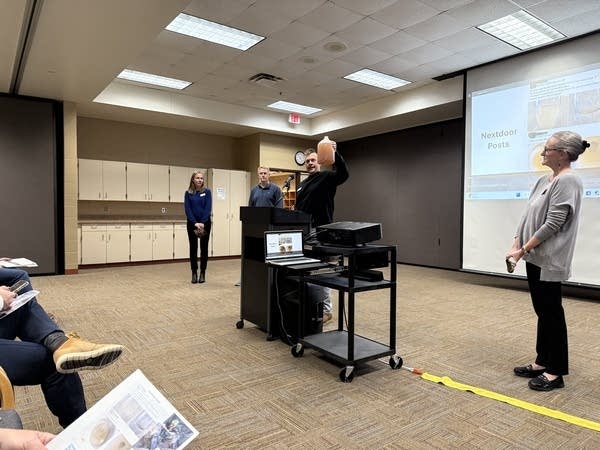 <figcaption class="figure_caption">
<figcaption class="figure_caption">About half of the city land is property-tax exempt, so funding repairs would be economically tough if leaders there need to ask about 2,300 residents to foot the bill through tax and fee hikes. They’re asking lawmakers for $13.2 million to cover part of the cost.
“As public works director, we're tasked with providing clean, safe drinking water for the public, and really not being able to do this just because of our old infrastructure,” he said. “It really bothers me.”
Republican state Rep. Roger Skraba knows this drill from both sides of the fence. The former Ely mayor understands that there's competition for limited dollars.
“The hard part is, if we give too much to this, then this wastewater group can only get $1 million instead of $2 million because we gave more for a park or something,” Skraba said. “It's hard to justify it.”
He said he’ll push for a $1 billion bonding bill, heavy on community projects.
The bills require a higher threshold of support because they allow the state to take on debt. That means lawmakers from both parties will have to agree to get a bonding bill over the finish line next year.
In a year when all 201 legislative seats are on the ballot, that itself could be a challenge.

